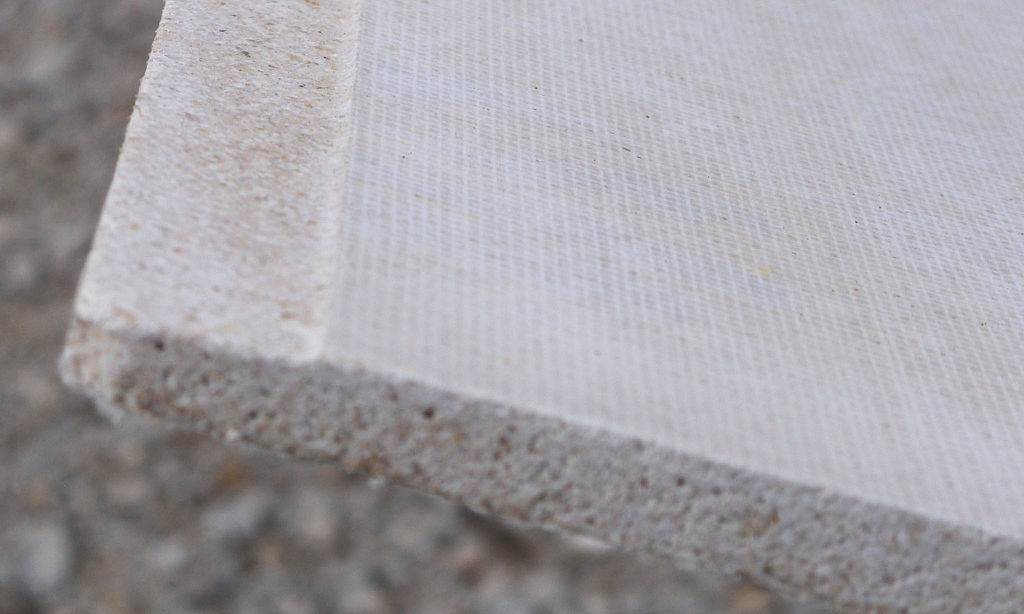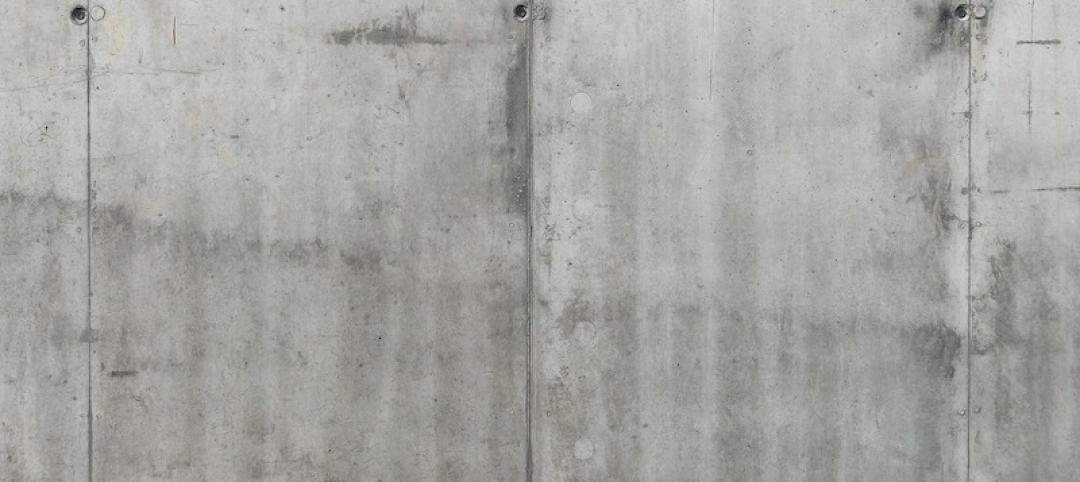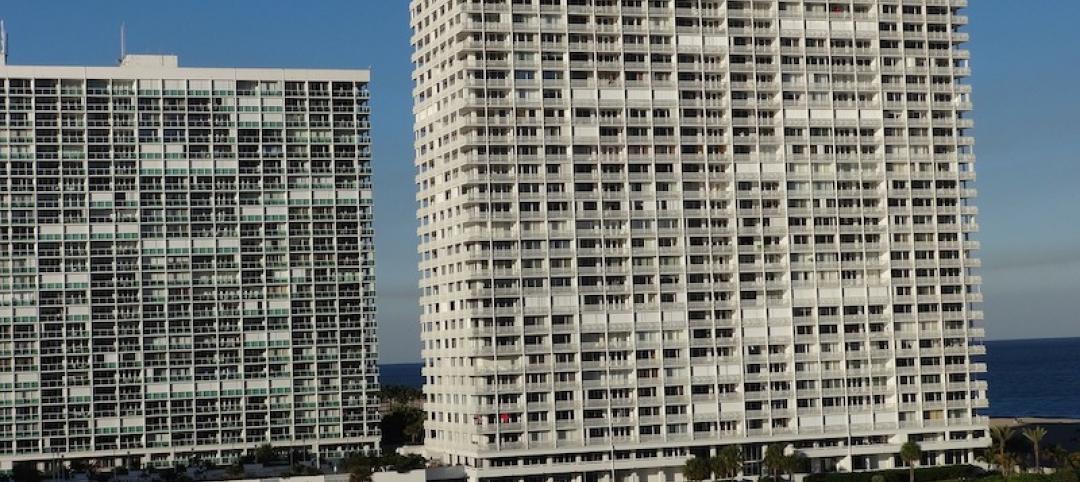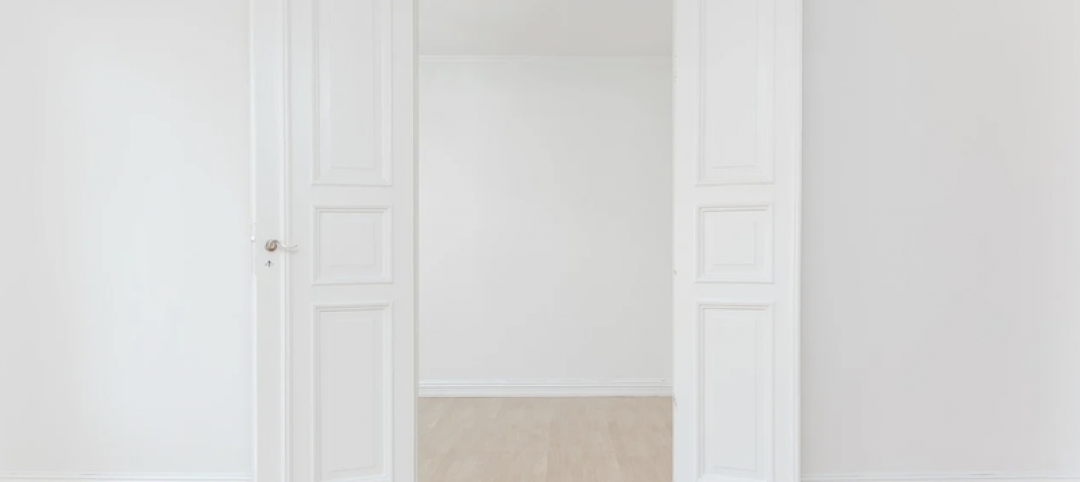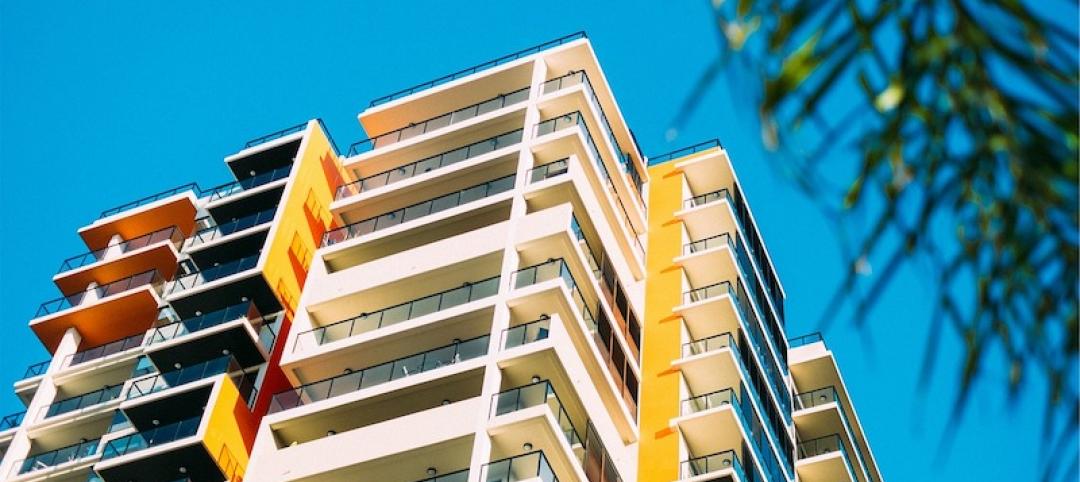The Gypsum Association released updates to both GA-221 Repair of Joint Ridging and GA-222 Repairing Screw or Nail Pops standards publications. Each set of recommendations clarifies best practices associated with common wallboard repairs.
Joint ridging, or beading, is a uniform, fine linear deformation that occurs at the joints of finished and decorated gypsum panel products. Compression at the edges or ends of the panels due to extreme fluctuations of temperature and humidity is the most common cause of ridging; however, misaligned framing can also contribute to the problem. The Gypsum Association recommends waiting until a new structure has experienced at least one complete heating/cooling cycle before making repairs.
Fastener popping occurs most commonly from lumber shrinkage due to initially high moisture content in newly constructed wood framing. Overly long fastener length contributes to the problem. While fastener popping that appears before or during finishing and decoration should be repaired immediately; popping that occurs a month or more into the heating season should wait for repair until the season’s end.
In the case of fastener popping, the secure reattachment of the gypsum panel product to the framing is essential. All new screws or nails should be of the proper length. Key to the repair methods outlined in both GA-221-14 and GA-222-14 is careful sanding and treatment with joint compound as well as observing recommended drying times prior to redecoration.
Related Stories
Codes and Standards | Jul 27, 2021
Add a wobbly moon to flooding risk factors
Earth satellite’s orbit variations will lead to sunny-day flooding in the mid-2030s.
Codes and Standards | Jul 26, 2021
Revamping of Florida building codes on the table after condo collapse
Tragedy could prompt upgrades like post-Hurricane Andrew effort.
Codes and Standards | Jul 21, 2021
Proposal to give Calif. hospitals more time for earthquake retrofits stirs controversy
State hospital association says 2030 deadline should be extended.
Codes and Standards | Jul 20, 2021
New York, New Jersey legislatures may revamp bidding rules to promote low-carbon concrete
Contractors would have to certify that their concrete is in compliance.
Codes and Standards | Jul 19, 2021
Lack of information on carbon emissions challenges construction industry
Reports recommends whole-life carbon assessments on building projects.
Codes and Standards | Jul 19, 2021
Florida condo collapse spurs increased scrutiny on inspections, regulations
Insurers demand proof of current inspections.
Codes and Standards | Jul 15, 2021
Three drywall code-referenced publications have been updated
Include guidance on fire resistance, sound control, application, and finishing.
Codes and Standards | Jul 14, 2021
Biden’s infrastructure proposal includes massive investment in school buildings
‘Once in a lifetime opportunity’ to upgrade HVAC and other key systems.
Codes and Standards | Jul 13, 2021
Reluctance to fund maintenance on older condos is a serious problem
Owner associations defer needed work, putting properties at risk.
Codes and Standards | Jul 12, 2021
Regulations on hydrofluorocarbons reduce roof insulation options
Canada, some U.S. states ban HFC blowing agents used in closed-cell foam.


